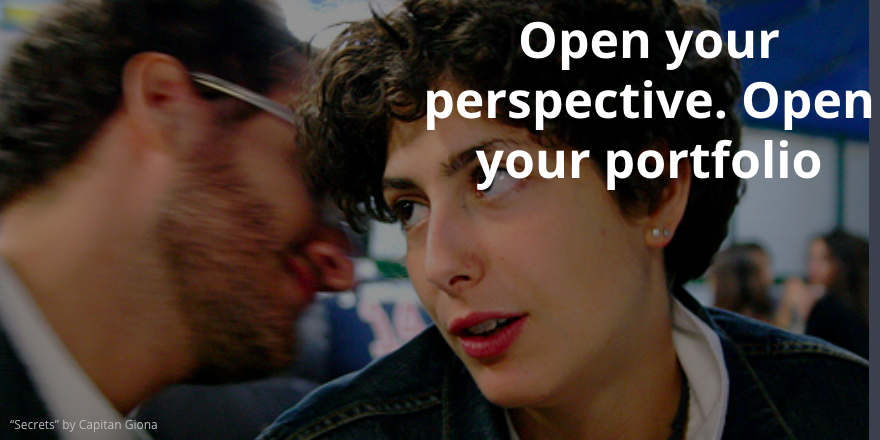Yoni Assia is the founder and CEO of eToro.
What is eToro and why did you launch it? What was your inspiration? How’s the business doing?

eToro is the world’s leading social investment network. eToro allows a community of traders to interact with each other, exchange views and share tips on a wide variety of investment vehicles including ETFs, stocks, currencies, commodities and indices whilst trading, and even directly copy the trades of another user.
I started eToro with the mission to revolutionize the way people access the financial markets and make their trading experience more social, simple, enjoyable and transparent. By harnessing the wisdom of the crowd, eToro members can benefit from accelerated information exchange, knowledge sharing and the ability to quickly identify the best investment opportunities.
At the core of what we do, we open up the financial markets to millions of new traders around the world. The platform now has over 5 million users across over 140 countries. eToro is the leading social trading platform and we intend to continue our expansion into other countries.
You just relaunched a new platform: what pushed the change and what’s new?
The new platform combines our social app and trading app in one place and features a number of advanced additions allowing people to evaluate markets and other traders’ investment decisions through new live-analysis tools including customised watch lists, diversification checks and charts.
The new platform also creates a safer way for individuals to participate in the market through a suite of advanced risk management tools including a risk score for each trader, the ability to predefine a copy stop-loss when copying a trader, and an option to trade all assets with no leverage.
With these new updates, social remains to be the heart of our new platform. With over five million registered members, traders are able to communicate directly with each other to ask questions, join online discussions and share knowledge and insight through an interactive, real-time news feed.
What’s the opportunity in Russia and China for eToro? Why are these geos important for you? Is trading becoming truly global?
On eToro, a Chinese or Russian investor can invest just as easily on Fiat, BMW, and Adidas or Facebook and Google as an investor in the UK and US. The social element really comes into play when investors in these countries can ask someone on the other side of the world what they are buying and their upcoming strategies. The translation function we have on the platform means that we are breaking down barriers across geographies and language.
We just recently hired a Managing Director in Moscow and have started to scale both this office and the Shanghai office. We see huge opportunities in both markets and the value social trading brings to people in China and Russia.
It looks like you’re partnering with your investors to scale into these geographies — is that the best way to enter these types of markets? Why?
As well as the financial boost provided by our investors, they also provide invaluable insights into the local market. We are getting assistance from our partners Ping An in China and Sberbank in Russia to set up the infrastructure and the potential is still mind-blowing. These markets are bit different because they are not 100% defined as it is in Europe. In Russia for example, they’re in the process of setting down rules and we’re part of the group helping to define the regulation of offshore investing. We’re seeing a similar thing in China too with our operation in the Shanghai free trade zone.
What’s next up for you and eToro in 2016?
We will continue our relentless technical innovation and sustained investment in R&D to further strengthen our position as the category leader. We will also invest in our human potential, focusing on the professional development of our strongest asset – our people.
We have considerable ambitions to establish new markets. Currently our main focus is on Europe, China and Russia, but with thousands of new traders from over 140 countries joining the eToro community every day, the global market is top of mind.
We launched eToro with one simple and clear vision – to revolutionise the financial system and blow open financial markets to millions of new traders around the world. Social trading enables people to make smarter investment decisions and is the way to invest. We’re excited about expanding our platform to new users and open up access to capital markets so the ordinary investor can trade in a simple, enjoyable and transparent way.
Photo credit: Kyle Taylor, Dream It. Do It. via Visual hunt / CC BY









